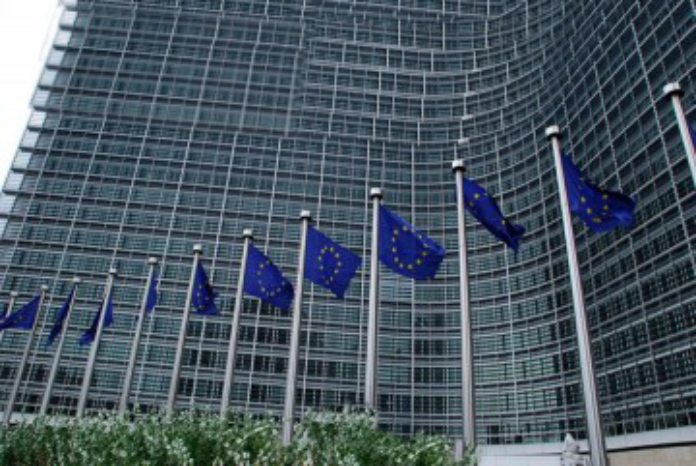Non-creative sites like Drudgereport and Infowars, who simply link to other news sources to garner huge amounts of revenue for themselves (aggregrators), may be punished with vast fines in the future when the EU goes ahead with its new law.
“A precondition for a well-functioning market place for copyright is the possibility for right
holders to license and be paid for the use of their content, including content distributed online.
The production of rich and diverse creative content and innovative online services are part of
the same equation. Both — creative content and online services — are important for growth
and jobs and the success of the internet economy.
There is, however, growing concern about whether the current EU copyright rules make sure
that the value generated by some of the new forms of online content distribution is fairly
shared, especially where right holders cannot set licensing terms and negotiate on a fair basis
with potential users. This state of affairs is not compatible with the digital single market’s
ambition to deliver opportunities for all and to recognise the value of content and of the
investment that goes into it. It also means the playing field is not level for different market
players engaging in equivalent forms of distribution.
Currently, these discussions centre on certain online platforms and aggregation services. They
are, however, likely to continue to arise for all online activities involving the commercial
reuse or retransmission of copyright-protected content.”
How the new law will affect social news sharing sites like Twitter, Facebook and Reddit is still under question, however the linking tax would adversely change the way they are allowed to operate.
Search engine news has already been affected as Google News pulled its service from Spain due to the incompatible laws and taxation.
5. PROVIDING AN EFFECTIVE AND BALANCED ENFORCEMENT SYSTEM
Respect for copyright, as for any other intellectual property right, is essential to promote
creativity and innovation and create trust in the market place. Rights that cannot be effectively
enforced have little economic value, particularly when infringements occur on a commercial
scale that free-rides on the work and investment of creators, the creative industries and legal
distribution services. This is currently very frequent and harmful to the EU economy as a
whole. An effective and balanced civil enforcement28 system is required to reduce the costs of
fighting infringements, particularly for small businesses, and keep up with their increasing
cross-border nature.
An effective response to these challenges calls for a renewed effort and for a possible review
of certain aspects of the existing legal framework. A ‘follow-the-money’ approach, which
sees the involvement of different types of intermediary service providers, seems to be a
particularly promising method that the Commission29 and Member States have started to apply
in certain areas. It can deprive those engaging in commercial infringements of the revenue streams (for
example from consumer payments and advertising) emanating from their illegal activities, and therefore act as a deterrent.”
Legal link
European Commission new Internet laws to be announced 9 December 2015






theres no way the eu would dare do this. BS
that is what you think.. the EU is anti people and huge money grubers